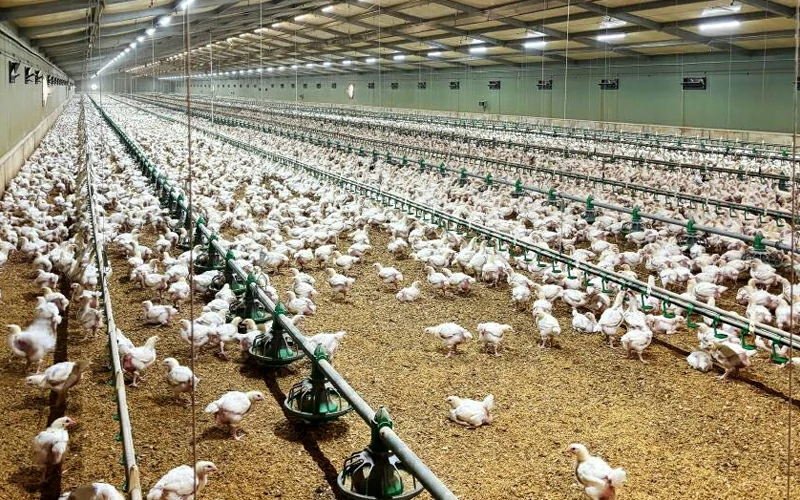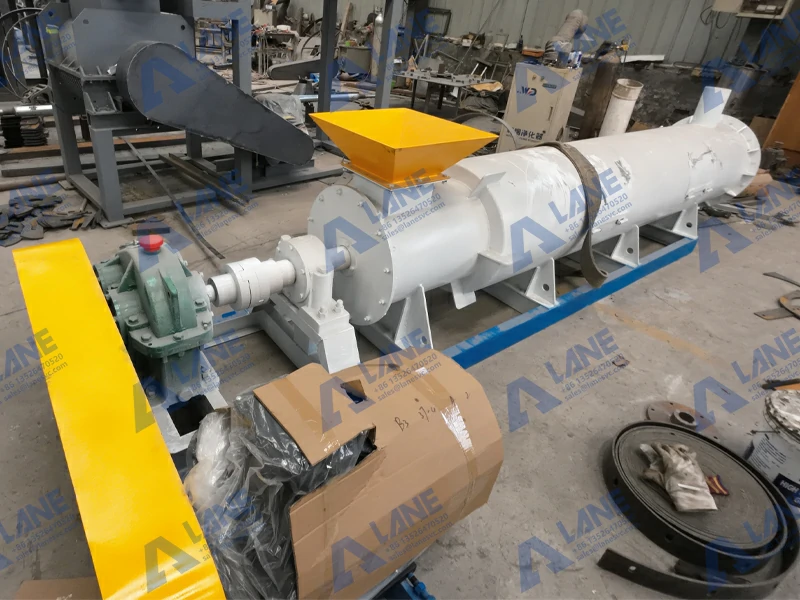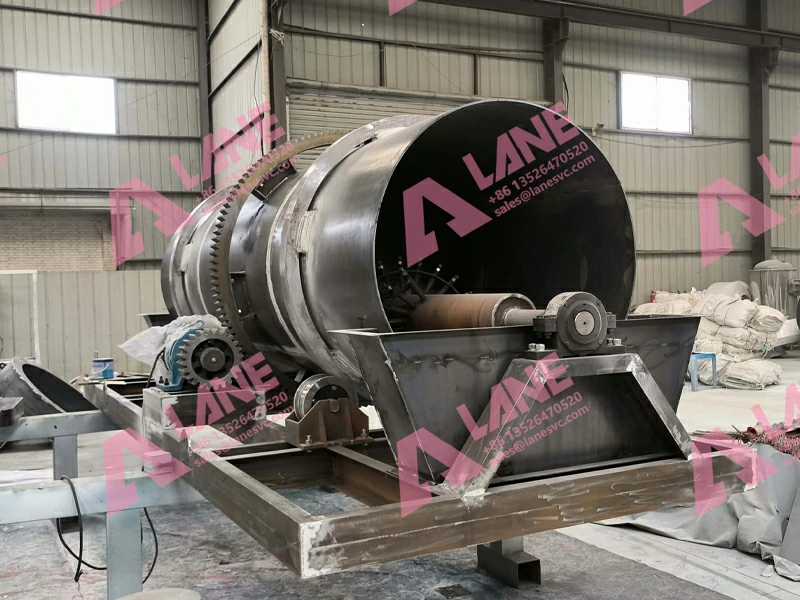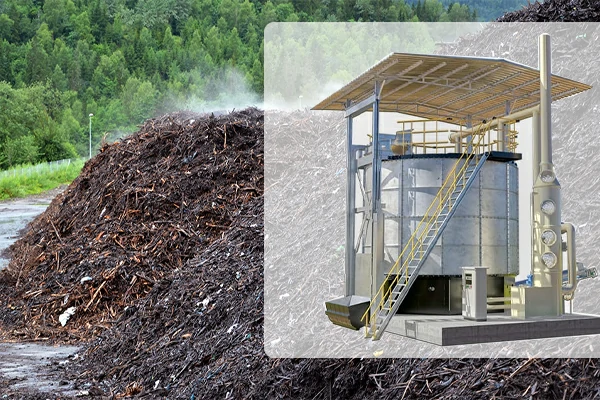Livestock and poultry farming generates massive amounts of manure, often seen as a waste management headache. However, with the right organic fertilizer production line, this “waste” can become a lucrative revenue stream. By converting farm manure into high-value organic fertilizer, agricultural businesses can tap into the booming sustainable agriculture market while addressing environmental concerns.
This guide explores how a well-designed manure treatment system can help you generate $500,000 annually and contribute to a circular economy.

Untreated manure poses significant environmental risks, including groundwater contamination, greenhouse gas emissions, and odor pollution. Governments worldwide are tightening regulations on waste disposal, pushing farms to adopt eco-friendly solutions. At the same time, demand for organic fertilizers is surging as farmers shift toward regenerative practices to improve soil health and crop yields. By investing in a manure-to-fertilizer production line, you can:
Turn liability into profit: Monetize manure instead of paying for disposal.
Meet regulatory compliance: Avoid fines and build a green reputation.
Capture market demand: Sell organic fertilizers to eco-conscious farms, nurseries, and retailers.
A complete production line transforms raw manure into market-ready organic fertilizer through systematic processes. Here’s a breakdown of the essential equipment and steps:
Manure Collection and Pre-Treatment
Use loaders or conveyor belts to gather raw manure.
Remove impurities (e.g., plastics, stones) and mix with carbon-rich materials (straw, sawdust) to balance the carbon-to-nitrogen ratio.
Composting and Fermentation
Employ a compost turner to aerate piles, accelerating decomposition.
Maintain optimal moisture (50–60%) and temperature (55–65°C) to kill pathogens and weed seeds.
Crushing and Screening
Break down clumps with a crusher for uniform particle size.
Use a rotary screener to remove oversized or undersized materials.
Granulation
Process composted material into granules using a fertilizer granulator (e.g., disc, drum, or extrusion granulator).
Add binders if needed to improve granule hardness and shape.
Drying, Cooling, and Coating
Dry granules in a rotary dryer to reduce moisture below 15%.
Cool with a rotary cooler to prevent caking.
Apply coatings (e.g., anti-dust agents) for enhanced shelf life.
Packaging and Storage
Automate weighing and bagging with a packaging machine.
Store finished products in a dry, ventilated warehouse.

To hit this target, let’s break down the numbers:
A mid-sized organic fertilizer production line can process 10–20 tons of manure daily.
Assuming 300 operational days/year, annual output reaches 3,000–6,000 tons.
Organic fertilizer sells for 150300/ton, depending on quality and certification.
At an average price of 200/ton,600,000–$1.2 million.
Initial investment: 100,000–300,000 (equipment, facility, permits).
Operating costs: Labor, energy, packaging, and marketing (150/ton).
Net profit margin: 30–50%, yielding 180,000–600,000/year.
By optimizing efficiency and securing bulk buyers (e.g., agricultural cooperatives, organic farms), reaching $500,000/year is realistic within 2–3 years.

Quality Control
Obtain organic certifications (e.g., USDA, EU Organic) to justify premium pricing.
Regularly test nutrient content (N-P-K, organic matter) to ensure consistency.
Market Diversification
Sell directly to local farms, garden centers, and online platforms.
Partner with municipalities or biogas plants for manure supply.
Sustainability Branding
Highlight eco-friendly practices (e.g., reduced methane emissions, closed-loop farming) in marketing.
Leverage government grants or subsidies for green initiatives.
Automation and Scalability
Invest in semi-automated equipment to reduce labor costs.
Design your facility to scale up production as demand grows.

A poultry farm in Iowa struggled with 5 tons of daily manure disposal costs (50$/ton). By installing a $250,000 organic fertilizer production line, they now process manure into organic pellets sold at 220/ton.With annual sales of 4,500 tons, revenue exceeds 220$/ton. With annual sales of 4,500 tons, revenue exceeds $990,000, yielding a net profit of $400,000 after expenses.
Farm manure treatment is no longer just an environmental obligation— it’s a golden opportunity to build a profitable organic fertilizer business. By integrating a modern production line, farms can convert waste into a high-demand product, meet sustainability goals, and generate $500,000 or more annually. Start by evaluating your manure volume, local market demand, and funding options. With the right strategy, your farm could become a key player in the 15 billion global organic fertilizer industry.
As a fertilizer equipment manufacturer in China with 20 years’ experience, Lane Machinery Group has rich experience in organic fertilizer production line projects, with real project cases in the Middle East, Southeast Asia, North America, and West Africa, and solved 100+ large-scale farms’ waste treatment problems.
If you are interested in organic fertilizer production line, we are more than happy to answer any questions you may have, contact us!